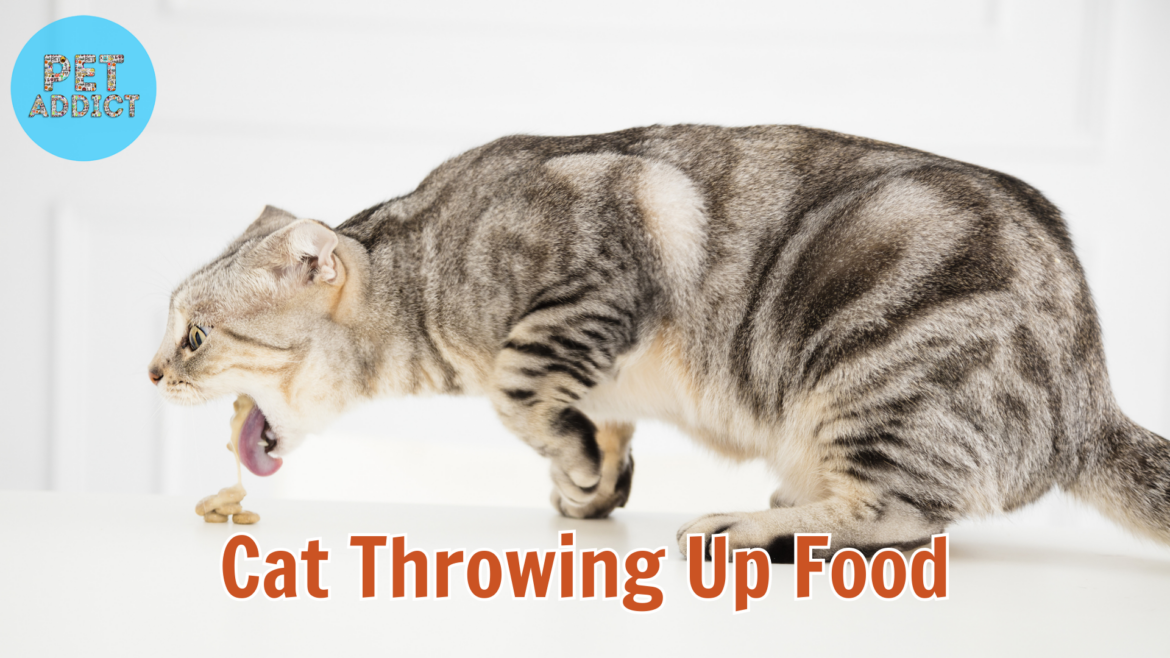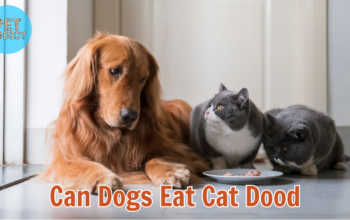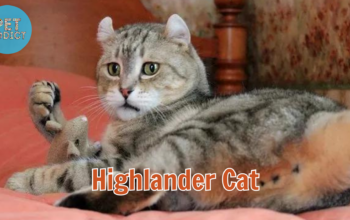Cats are known for their delicate digestive systems, and it’s not uncommon for them to experience occasional bouts of vomiting. If you’ve ever witnessed your cat throwing up their food, you’re not alone. While it can be unsettling to see, there are various reasons why cats might regurgitate their meals. In this article, we’ll delve into the potential causes of cats throwing up food and provide insights into how you can address this issue.
PetAddict.net – The best place where you can find everything about your pet!
Common Causes of Food Vomiting
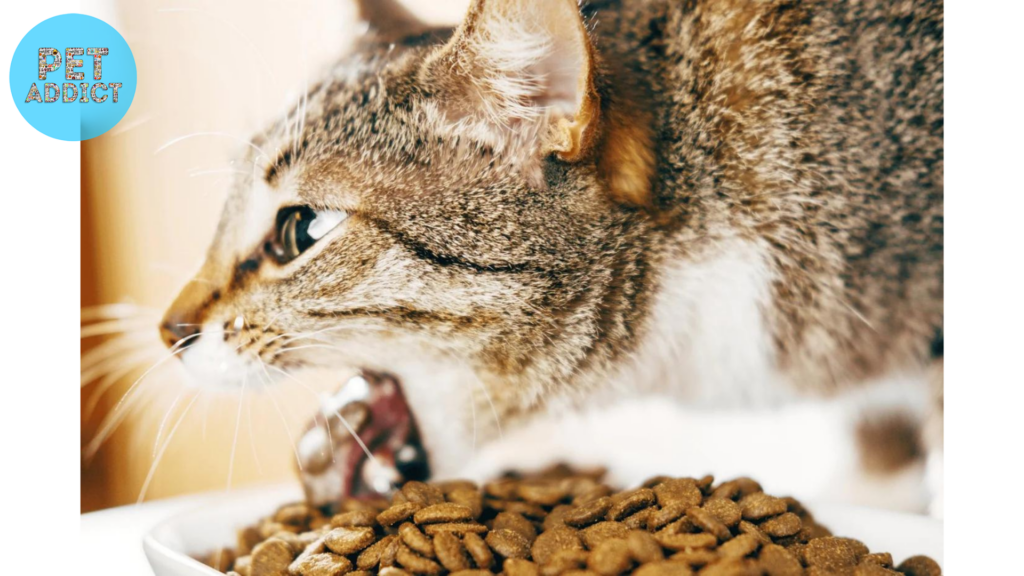
- Eating Too Quickly: Some cats are enthusiastic eaters and might consume their food too rapidly. This can lead to vomiting shortly after eating, as the stomach struggles to process a large amount of food at once.
- Hairballs: Cats groom themselves regularly, and during the grooming process, they may ingest loose fur. This fur can accumulate in their stomachs and lead to regurgitation.
- Dietary Intolerance: Cats can be sensitive to certain ingredients in their food. If your cat’s diet doesn’t agree with them, they might vomit shortly after eating.
- Food Allergies: Food allergies can cause gastrointestinal distress, leading to vomiting as the body reacts to the allergenic substances in the diet.
- Gastrointestinal Issues: Underlying gastrointestinal problems, such as gastritis, gastroenteritis, or inflammatory bowel disease, can cause vomiting after eating.
Steps to Address Food Vomiting
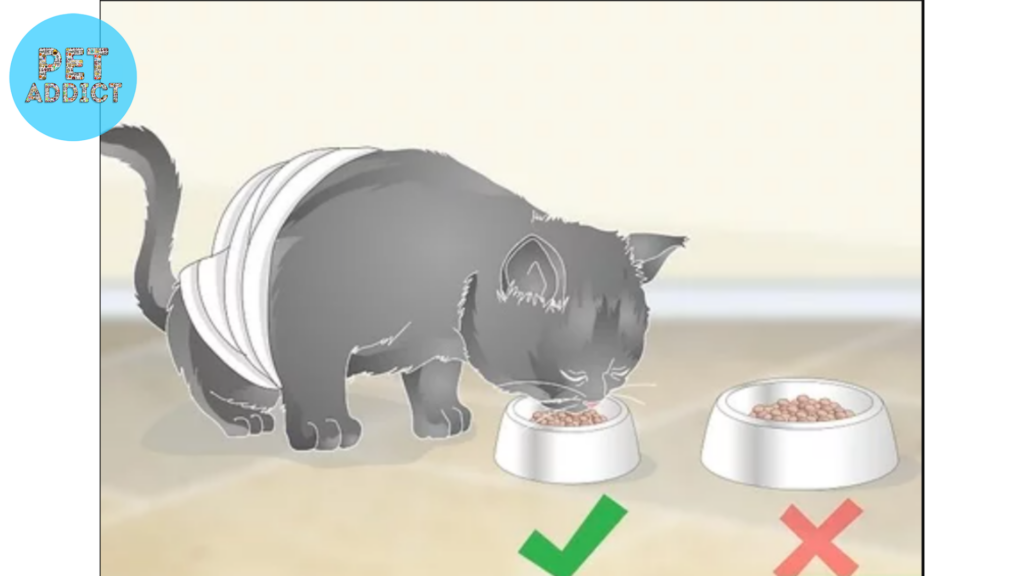
- Slow Feeding: If your cat tends to eat quickly, consider using puzzle feeders or dividing their meals into smaller portions. This can slow down their eating and prevent overloading the stomach.
- Hairball Prevention: Regular brushing can help reduce the amount of loose fur your cat ingests. Hairball prevention products or diets can also aid in managing this issue.
- Dietary Changes: If you suspect that your cat’s current diet is causing vomiting, consult your veterinarian to explore switching to a different type of cat food. A hypoallergenic diet might be recommended if allergies are suspected.
- Portion Control: Feeding the appropriate portion size for your cat’s weight and activity level can help prevent overeating and subsequent vomiting.
When to Seek Veterinary Attention
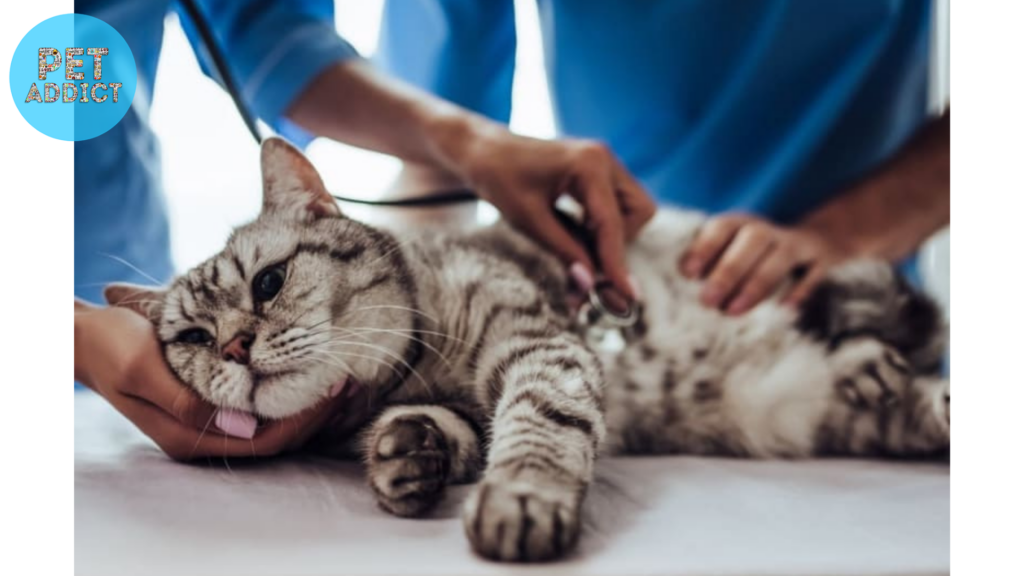
While occasional vomiting might not be a cause for major concern, there are situations where veterinary attention is warranted:
- Frequent Vomiting: If your cat vomits frequently after eating, it could indicate an underlying issue that requires medical attention.
- Accompanying Symptoms: If vomiting is accompanied by lethargy, diarrhea, blood in vomit, or other signs of distress, consult a veterinarian.
- Persistent Vomiting: If your cat consistently vomits after meals and experiences weight loss, it’s crucial to seek veterinary care to identify and address potential health issues.
Conclusion
It’s important to remember that occasional vomiting can be a normal part of a cat’s life, but understanding the underlying causes and knowing when to take action is essential. If your cat is consistently throwing up after meals or if you’re concerned about their overall health, consulting a veterinarian is the best course of action. By making appropriate dietary adjustments, managing eating habits, and seeking professional guidance when needed, you can help ensure your cat’s digestive well-being.

